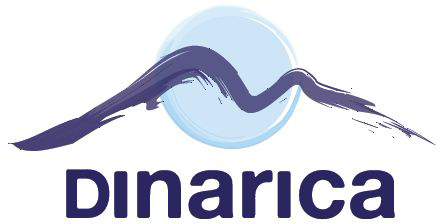Every living thing on Earth needs water to survive. While many depend on salt water, more than 100,000 species, including our own, can’t live without fresh water.
Of all the water on the planet, less than 3 % is fresh water and most of it is locked away in form of glaciers and polar ice caps. What remains is in short supply and is our most precious natural resource.
On land, fresh water is stored in rivers, lakes, reservoirs, creeks, and streams. Freshwater ecosystems are vital for life on land. They support tremendous biodiversity, providing home for 12% of all known species, including one-third of all vertebrate species. Without them, our lives would be unimaginable as they provide goods and services that are critical for economies and support our societies, as well as the lives and livelihoods of billions of people.
Despite their importance, the biodiversity they sustain, and the services they provide, freshwater ecosystems are at risk. We use fresh water in many ways, but these activities can be dangerous for freshwater ecosystems when we are not careful. Overfishing, pollution, and disruption through projects like dams and deforestation are just a few ways we put these ecosystems—and ultimately, our own access to fresh water—at risk.
Since 1970, 83% of freshwater species and 30% of freshwater ecosystems around the world have been lost.
With increasing demand for fresh water, access to it will be a defining issue for future generations. We must act quickly to protect our most valuable natural resource.

 Hrvatski
Hrvatski
